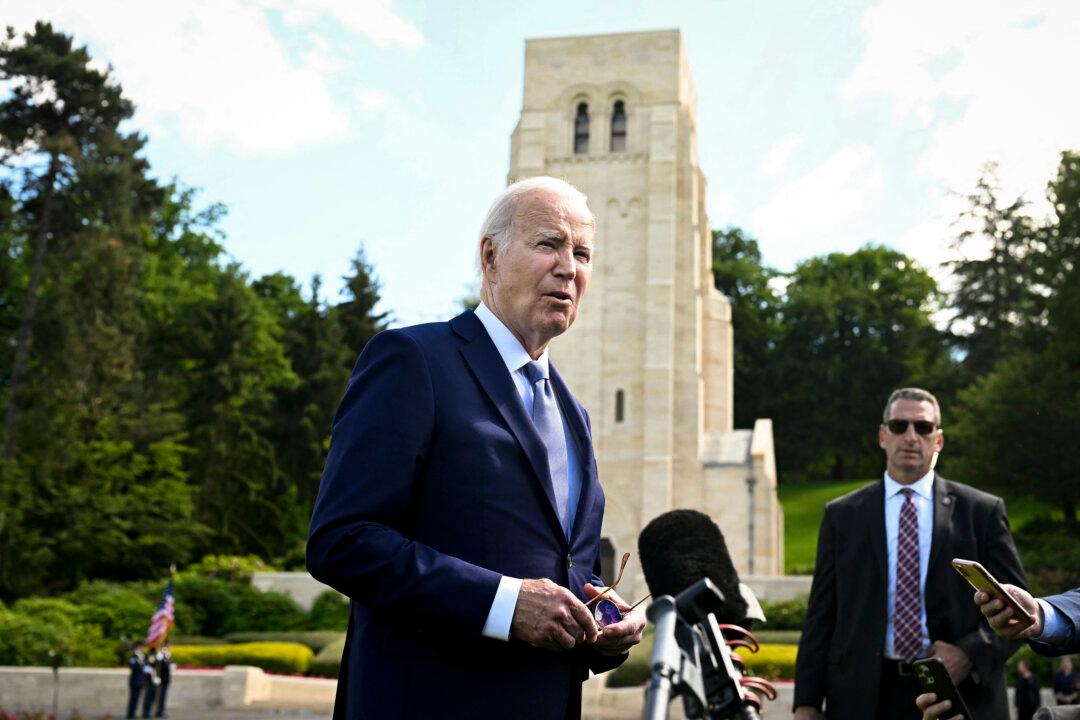PARIS—President Joe Biden concluded his visit to France in a heated election year, hoping that his remarks about democracy and the perils of isolationism will resonate with American voters.
Before his departure back home, President Biden told reporters that his “most remarkable” visit aimed to help Americans understand the significance of maintaining strong alliances to avert a third world war.





